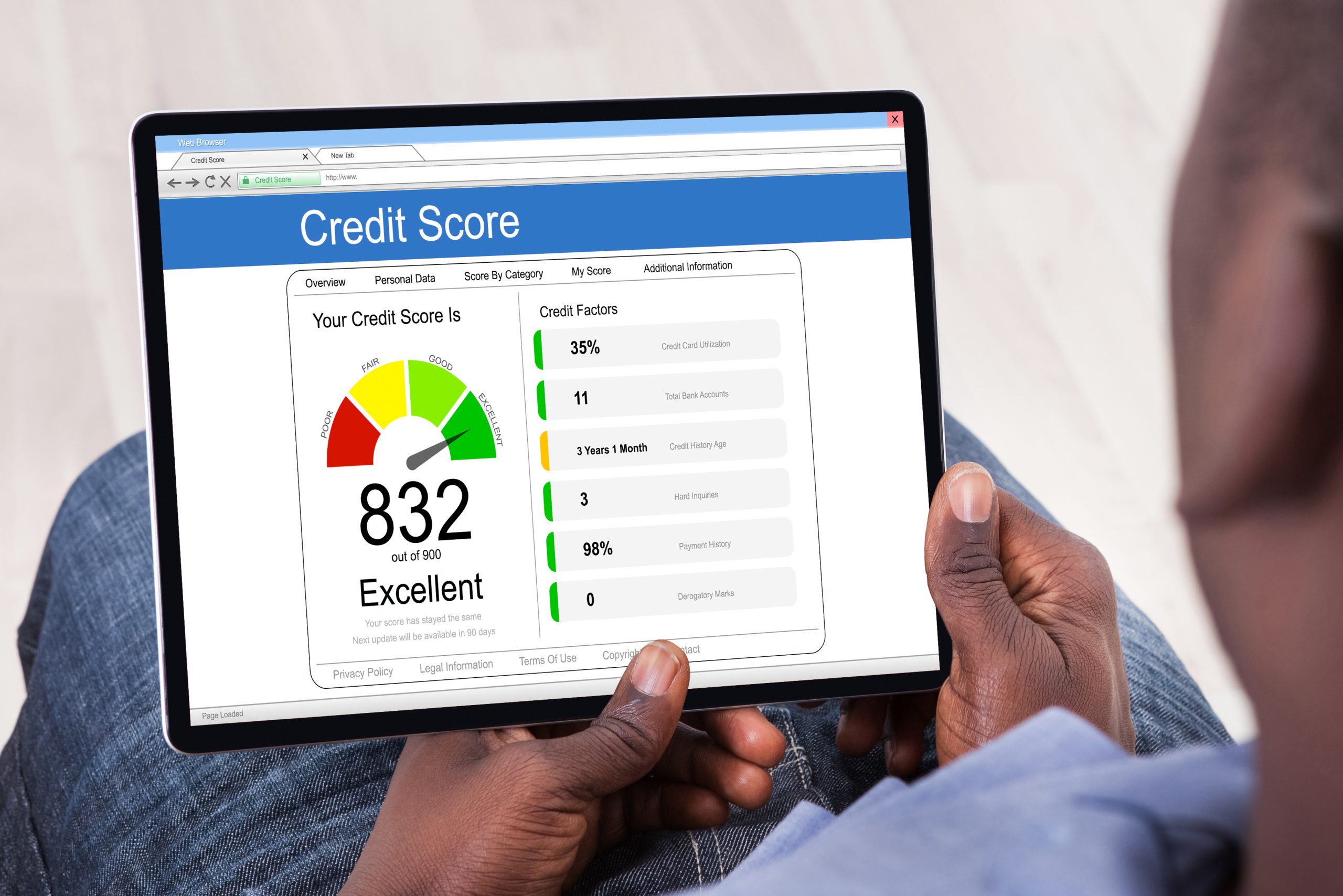
Your credit score is a critical factor in determining your eligibility for loans, credit cards, and other forms of credit in Nigeria. A good credit score can help you access better rates, larger loan amounts, and more favorable repayment terms, while a poor credit score can limit your borrowing options and increase your borrowing costs. In this blog post, we'll provide tips and strategies for improving your credit score in Nigeria, so you can access the credit you need to achieve your financial goals.
The first step to improving your credit score in Nigeria is to understand what it is and how it's calculated. Your credit score is a numerical representation of your creditworthiness, based on your credit history and other factors such as income, employment status, and debt-to-income ratio. In Nigeria, credit scores range from 300 to 900, with higher scores indicating better creditworthiness. Credit bureaus such as CreditRegistry, provide credit reports and scores for individuals and businesses in Nigeria.
Once you understand your credit score, it's important to check your credit report for errors or inaccuracies that could be dragging your score down. Common errors include incorrect personal information, outdated account information, and fraudulent accounts or activities. If you find any errors on your credit report, you can dispute them with the credit bureau or the creditor in question to have them corrected or removed.
One of the most important factors in determining your credit score is your payment history. Late or missed payments can significantly damage your credit score and stay on your credit report for up to 7 years. To improve your credit score, make sure to pay your bills on time every month, including credit card bills, loan payments, and utility bills.
Having a long and positive credit history can also help improve your credit score in Nigeria. This means having a track record of responsible borrowing and repayment, including paying your bills on time, keeping your credit utilization low, and avoiding defaults, bankruptcies, and other negative marks on your credit report. If you're just starting out, consider applying for a small loan or credit card and using it responsibly to establish a positive credit history.
While having a diverse credit portfolio can be beneficial for your credit score, opening too many new credit accounts in a short period of time can actually hurt your score. This is because each new credit application triggers a hard inquiry on your credit report, which can temporarily lower your score. To avoid this, only apply for credit when you need it and space out your applications over time.
In conclusion, improving your credit score in Nigeria requires a combination of responsible borrowing, timely payments, and attention to detail. By understanding your credit score, checking your credit report for errors, paying your bills on time, keeping your credit utilization low, building a positive credit history, and avoiding opening too many new credit accounts, you can take control of your credit and access the loans and credit cards you need to achieve your financial goals.